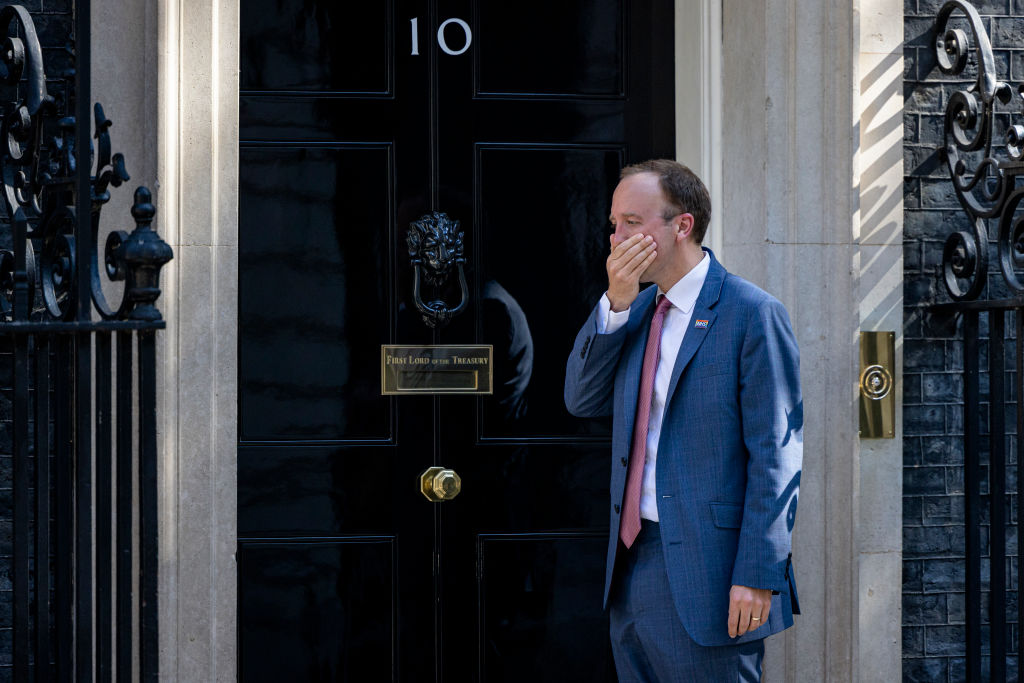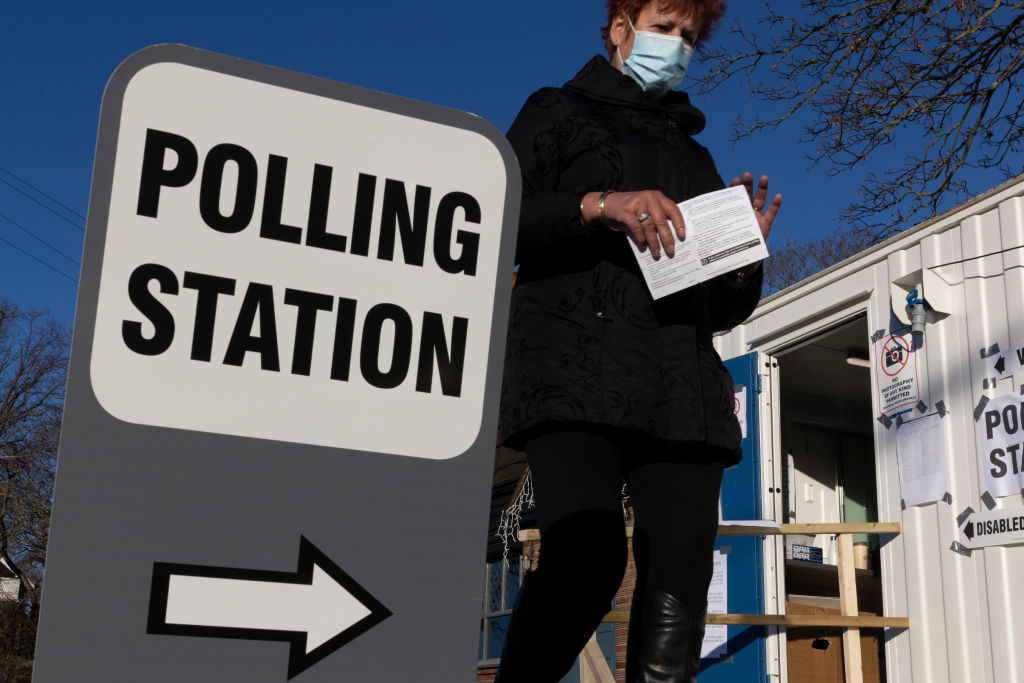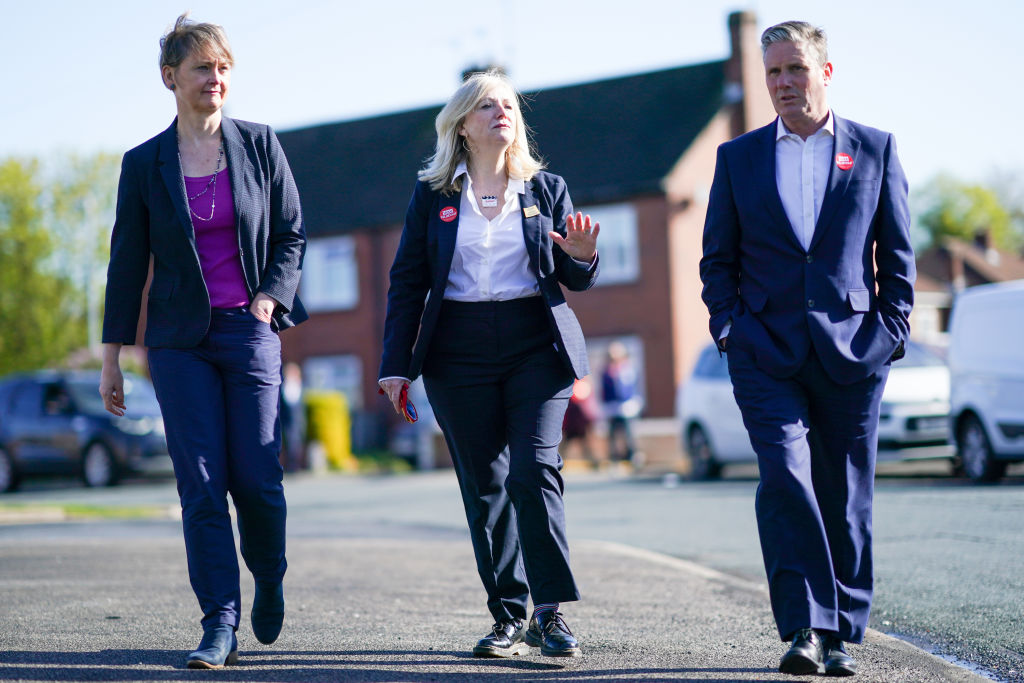Best of the year: Political opinion and Westminster analysis to make sense of 2021

Artificial intelligence has been at the very centre of the news agenda this year, with the government announcing a national AI strategy as part of its “levelling up agenda”. But how can ministers make use of this technology and regulate it if they don’t understand how it works? Brian Mullins was making this point back in April, arguing that AI can be a force for good but can also create misrepresentations of reality, for instance reinforcing sexism in recruitment screening. An urgent technological upskilling is needed in the government if we want AI to be our productive ally.
There is no such thing as inherently ethical AI, only ethical or unethical applications.
Brian Mullins
Former Health Secretary Matt Hancock quit at the end of June after footage of him kissing his aide Gina Coladangelo was leaked to the press. The story quickly became a national scandal. Susie Alegre, back then, wrote that we should be wary of a lockdown state that criminalises sex between consenting adults. Matt Hancock broke the rules, but by making the details of his relationship public his intimacy was taken away from him. Caution is needed when we allow surveillance in our societies, she concluded.
The CCTV, ring doorbells and the cameras we all carry around in our pockets might make us feel safe, but they also leave us exposed.
Susie Alegre

Another topic that has been on the Westminster agenda is, yes, still, Brexit. From the “sausage war” to the fishing row with France, Brexit is not going away, whether we want it or not. But Chris Curtis argues that Boris Johnson’s strategy of winning political consensus through his stance on Brexit is now outdated. People were satisfied when he “got Brexit done”; as long as the B word is still in the news however, it doesn’t really look like Boris did a proper job with it.
It is undeniably true that Johnson won the 2019 election off the back of Brexit.
Chris Curtis
This has been a by-elections year, with the one in North Shropshire taking place last week and the one in Old Bexley and Sidcup at the beginning of December. Eliot Wilson wrote that by-elections never fail to stir the pot of political commentary, but ultimately don’t have the political significance we would like them to have. They can offer an interesting snapshot of the political climate in a specific part of the country, but they don’t necessarily mirror what’s happening in Westminster.
The assumption that a by-election result can simply be extrapolated nationwide is a basic error of political punditry.
Elliot Wilson

Finally, it’s been an interesting year for the Labour Party too. Party leader Keir Starmer has had the hard task of playing the opposition during a global health crisis, and has not always been able to capitalise on the errors of the Conservatives. To strengthen his frontbenches, he’s gone for a reshuffle at the end of November, selecting well-known faces considered media-savvy. Steve Hawkes spotted a similarity in the new ranks: a strong anti-Brexit stance. If Labour wants a chance at the next election, it will have to explain this stance; otherwise the “White Van Man” will not believe Labour is a party that can represent him.
Starmer won’t have a chance unless he can convince Leavers he really has drawn a line – and there’s no going back on Europe.
Steve Hawkes

